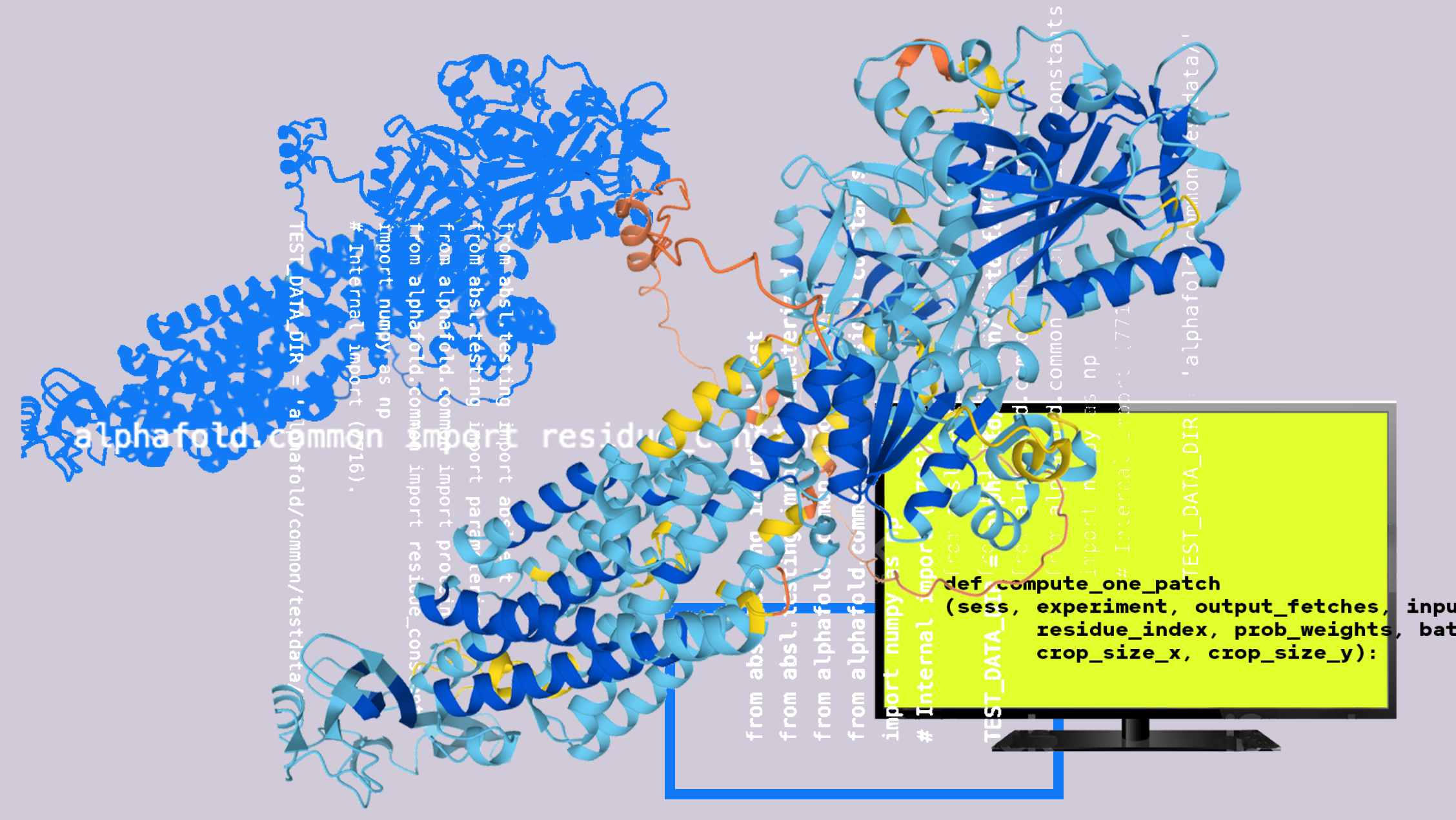
Breakthrough in Protein Folding Predictions: AI Models Revolutionize Scientific UnderstandingBreakthrough in Protein Folding Predictions: AI Models Revolutionize Scientific Understanding Recent advancements in artificial intelligence (AI) have yielded groundbreaking results in the field of protein folding prediction. AI models have achieved astonishing accuracy in predicting the complex three-dimensional structures of proteins, a feat that has long eluded scientists. Protein folding is a critical process for life, as it determines the function and stability of these essential biological molecules. Before AI, predicting protein structures was a time-consuming and resource-intensive task, often requiring experimental techniques like X-ray crystallography or nuclear magnetic resonance (NMR) spectroscopy. AI’s Transformative Role AI models have revolutionized protein folding predictions by utilizing vast datasets of experimentally determined protein structures and machine learning techniques. These models can rapidly analyze sequential amino acid data to infer the underlying spatial arrangement of the protein. This breakthrough has enabled researchers to gain unprecedented insights into the intricate molecular mechanisms of life. One of the most notable AI programs, Google’s AlphaFold2, has consistently outperformed all other methods in predicting protein structures. In the latest Critical Assessment of protein Structure Prediction (CASP) competition, AlphaFold2 surpassed human experts in accurately predicting the structures of nearly every protein target. Unveiling Biological Secrets The accurate prediction of protein structures using AI has opened up new avenues for scientific exploration. Researchers can now: * Identify disease-causing mutations by determining the precise location and impact of genetic variations on protein structure. * Design new drugs and therapies by targeting specific protein conformations. * Understand how proteins interact with each other and with other molecules, unraveling complex biological networks. * Develop novel enzymes and biomaterials with tailored properties. Broader Implications Beyond biology, the advancements in protein folding predictions have far-reaching implications for various fields: * Medicine: Precision medicine approaches can be personalized to the patient’s individual protein structures, improving treatment outcomes. * Agriculture: Protein engineering can optimize enzymes for enhanced crop productivity and pest resistance. * Materials science: Bio-inspired materials can be designed using AI-predicted protein structures for applications such as drug delivery and energy storage. Conclusion The breakthrough in protein folding predictions achieved by AI models is a testament to the transformative power of technology in scientific discovery. These models have revolutionized our understanding of proteins, unlocking a wealth of new biological insights and paving the way for countless innovations in medicine, technology, and beyond. As AI continues to evolve, the potential for further scientific advancements in this field is limitless.
Posted inNews